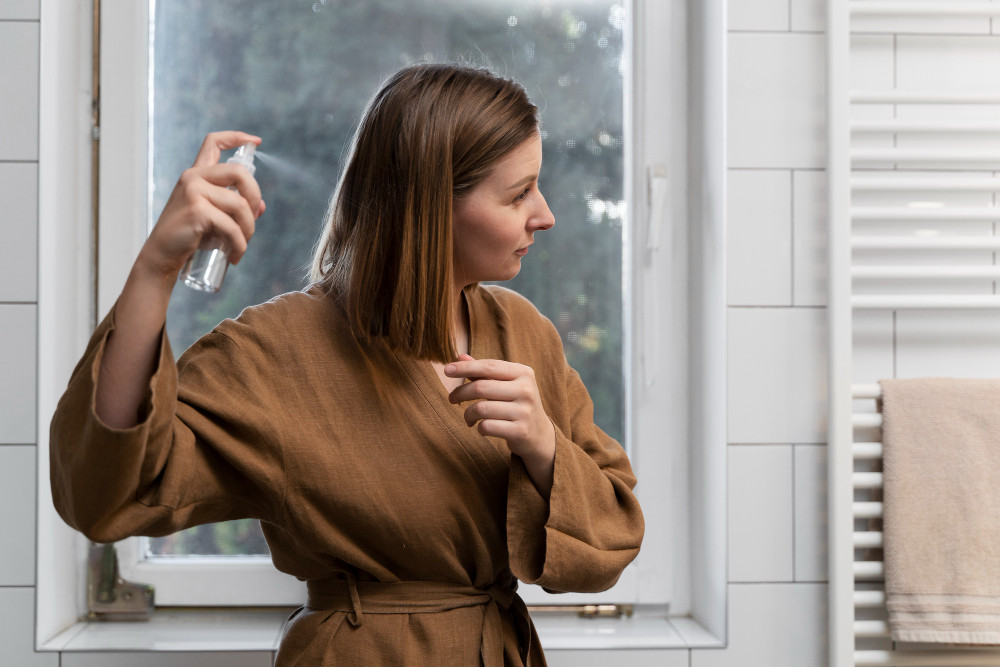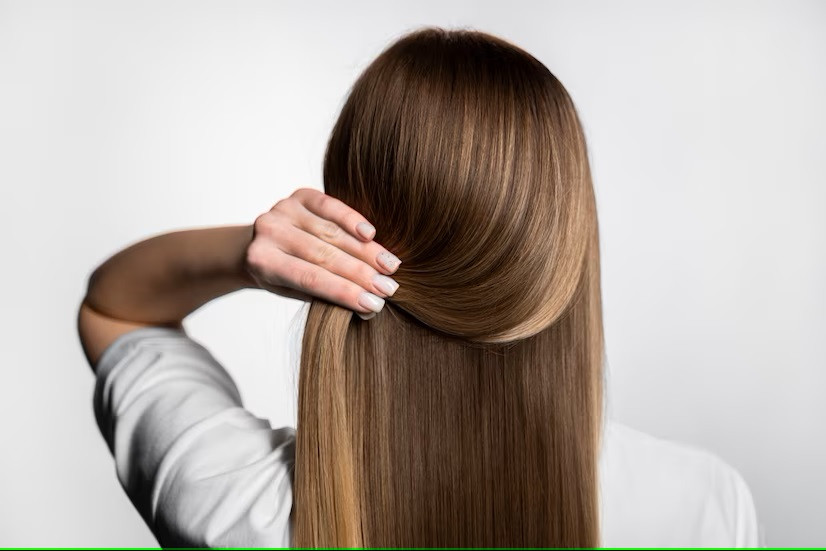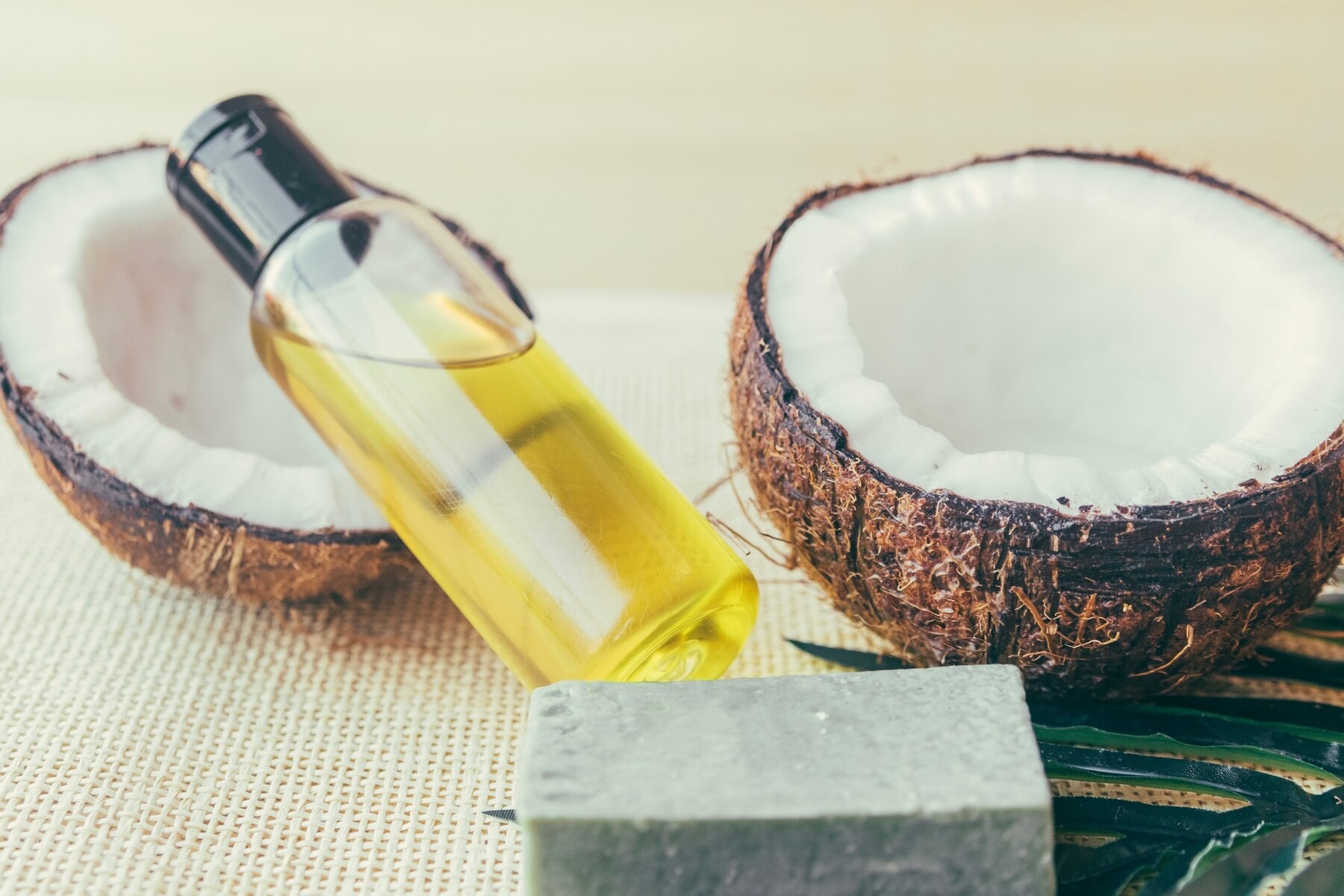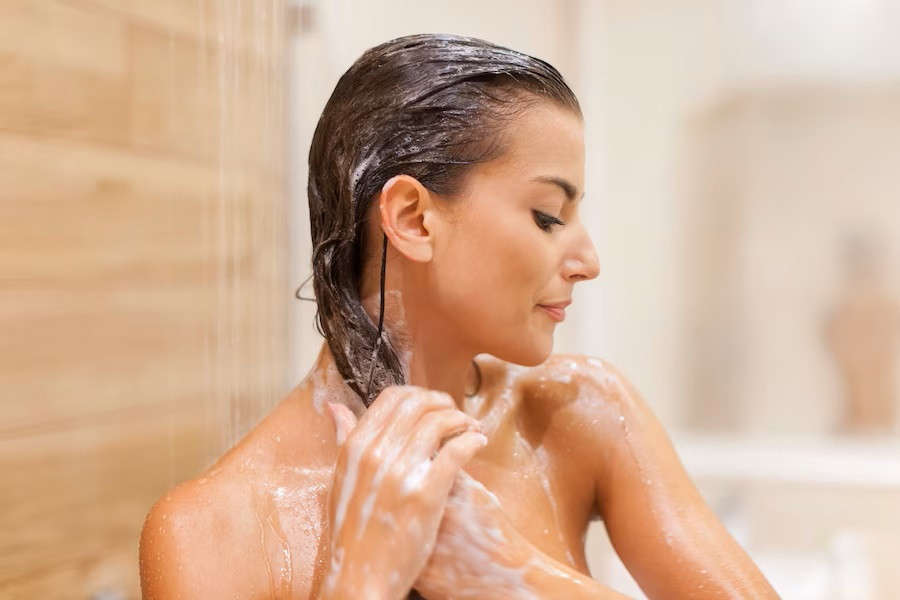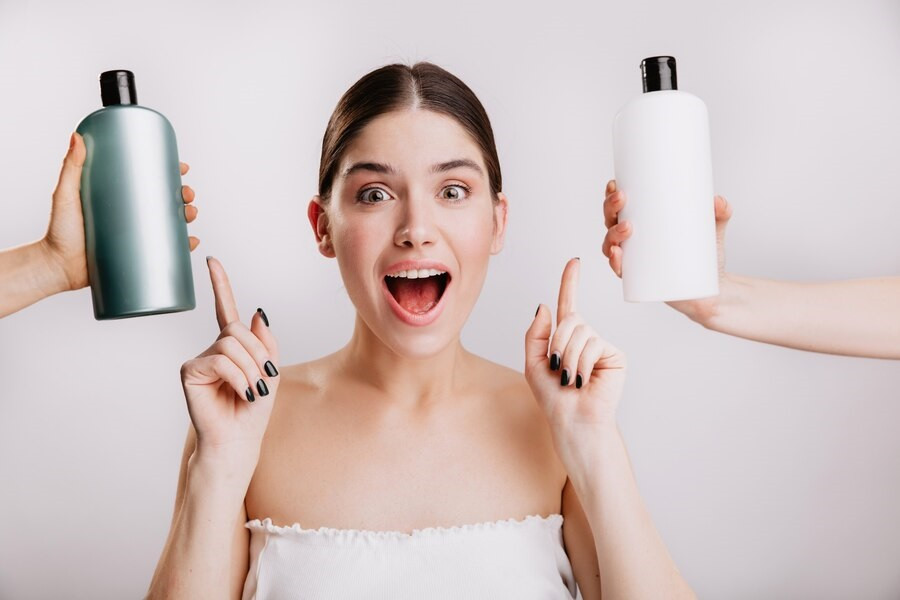Washing your hair with dry shampoo is frequently an alternative for those who have limp hair but can't find much time to wash it. A lot of people choose this treatment because of its ease of use and quick effects. However, be careful, as using an excessive amount of dry shampoo may damage your hair.
What is dry shampoo?
Dry shampoo is a hair care treatment that can help eliminate oil and debris in the hair. The scalp is covered in hair follicles. Hair follicles not only generate hair but also produce sebum, a natural oil that softens the scalp, adds texture to the hair, and protects the skin below.
Sweat and oil from your scalp will build up in your hair when you exercise and sweat out. Although the oil secreted is natural, an accumulation of it may give the appearance of greasy hair. Use dry shampoo to get rid of limp hair if you don't have time to wash, dry, and style it.
Dry shampoo removes oil and sweat from hair by using active ingredients based on starch or alcohol. Dry shampoo gives your hair a light, clean, and refreshed look.
Read more: Pros And Cons Of Keramas Without Sampo
Tips for using dry shampoo
Dry shampoo is available in powder and spray variants. Spray-dry shampoo is considered more practical because it is easier to apply and manage on oily hair. Spray-dry shampoo can be used in the following ways:
- Spray only in greasy areas
- When spraying, keep the tube at least 10 cm from the scalp
- Massage the scalp to distribute the product down to the hair roots
- Comb the hair carefully
Read more: Is There A Negative Impact If It Is Rarely Crowded?
Dry shampoo: is it effective?
Dry shampoo isn't the same as regular shampoo, even though it can quickly repair limp hair. Contrary to shampoo and flowing water, this dry shampoo just masks oil and debris that sticks to its surface; it doesn't actually cleanse your hair.
Dry shampoo can be used as a short-term fix to temporarily reduce the look of limp hair, but you still need to wash your hair with shampoo and water afterwards.
According to experts, using dry shampoo on occasion is acceptable. However, dry shampoo should only be used as a short-term hair freshener because it doesn't actually remove oil and dirt from the hair and scalp.
Excessive use of dry shampoo can cause hair to become dry since it lacks hair moisturisers.
There may be residue on the scalp after using dry shampoo. Inflammation and dandruff may result from the residual chemicals in your hair if you don't wash it with water on a regular basis.
Additionally, you can get rid of fungi and germs by shampooing your hair after taking a bath. This might help you get rid of any leftover hair care products and prevent clogged pores on your scalp.
Although dry shampoo can help with limp hair and give it a fresher look, regular shampoo and water washing are still necessary to thoroughly clean your scalp and hair. To prevent dandruff and promote healthy hair, choose a shampoo that is appropriate for your type of scalp. If you need medical advice or consultation, you can also make use of the consultation features that are available in the Ai Care application by downloading the Ai Care application from the App Store or Play Store.
Looking for more health tips and tricks, first aid, and home remedies? Click here!
- dr Nadia Opmalina
Stanborough, R. (2019). Can Using Dry Shampoo Damage Your Hair?. Available from https://www.healthline.com/health/is-dry-shampoo-bad-for-your-hair
Cleveland Clinic. Does Dry Shampoo Actually Clean Your Hair?. Available from: https://health.clevelandclinic.org/does-dry-shampoo-actually-keep-your-hair-clean
Watson, K. (2019). This Is How Dry Shampoo Works. Available from: https://www.healthline.com/health/how-does-dry-shampoo-work
WebMD Editorial Contributors. What Is Dry Shampoo?. Available from: https://www.webmd.com/beauty/what-is-dry-shampoo


